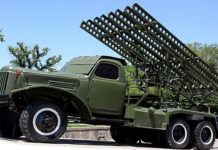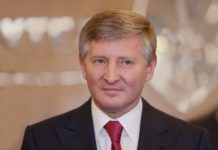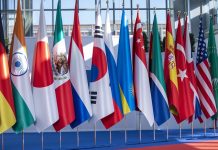The alleged poisoning of Russian opposition figure Alexei Navalny has strained the already stuttering relations between Moscow and some Western powers, who hit top Russian officials accused of being involved with sanctions. The Kremlin denies the allegations and has vowed to fight back with counter measures, Sputnik reported.
An international group of media outlets, including Bellingcat, CNN, Der Spiegel, and The Insider has published the names of people they claim were involved in “poisoning” Alexei Navalny in August 2020 in Siberia.
According to separate reports unveiled by the media, the individuals in question are members of an “elite unit” of Russia’s Federal Security Service (FSB), comprising six to 10 operatives educated in toxicology and medicine. Some of them have been “trailing” the opposition politician since 2017, the media says, secretly accompanying him on more than 30 domestic flights.
Bellingcat claims, citing phone records and flight manifests, that three FSB operatives – Alexey Alexandrov, Ivan Osipov, and Vladimir Panyaev, supported by at least five supervisors – travelled alongside Navalny to Novosibirsk and then to the city of Tomsk this summer, where he claims he was poisoned at an unconfirmed point.
According to the reports, communications between these individuals rose sharply in the days leading up to Alexey Navalny’s illness.
It has also claimed that some of the alleged FSB operators followed Navalny and his wife Yulia on a trip to the Russian city of Kaliningrad in July 2020. She claims she became ill there but the nature of the affliction was not determined.
The “elite” unit of the FSB’s “toxins team” is said to be headquartered on Akademika Vargi Street in Moscow and operating under the leadership of Stanislav Makshakov, who reportedly served at the State Organic Synthesis institute where the nerve agent Novichok was developed in 1970s.
CNN admitted in its article that it was not sure if officials linked to Akademika Vargi Street actually “poisoned Navalny with Novichok” but said the unit’s “activities in July and August” justified sanctions against Russia.












